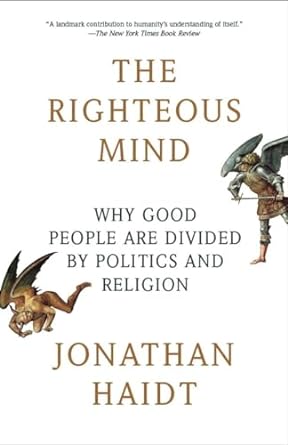In humans, as in all other mammals, the ability to digest lactose (the sugar in milk) is lost during childhood. The gene that makes lactase (the enzyme that breaks down lactose) shuts off after a few years of service, because mammals don’t drink milk after they are weaned. But those first cattle keepers, in northern Europe and in a few parts of Africa, had a vast new supply of fresh milk, which could be given to their children but not to adults. Any individual whose mutated genes delayed the shutdown of lactase production had an advantage. Over time, such people left more milk-drinking
...more
Welcome back. Just a moment while we sign you in to your Goodreads account.


